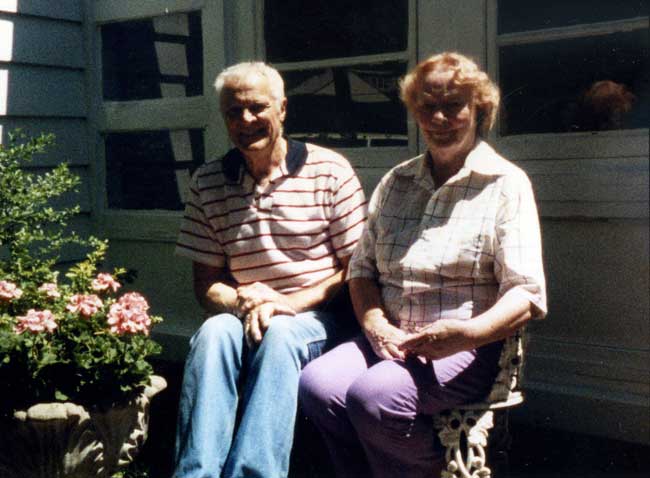“I’m sorry, I don’t know why I’m telling you all of this,” she says before continuing to tell me more stories about her 99-year-old dad over the phone. We talk about the farm he grew up on in the Midwest and what he did for work after World War 2, how he remarried after her mother passed away, and what life has been like for him since his second wife died.
“I don’t mind,” I say. “It helps me to get to know him a little better.” I had already heard some of these stories a few days before from her father, who was considering moving into our assisted living, so it was interesting to hear them from her perspective, the details she remembered about her dad’s life and what was important for her to share with me.
When I was a kid, I was taught not to talk to strangers. Now I do it every day as part of my job. Strangers call and tell me pieces of their life stories over the phone under the guise of trying to find a new place to live, for themselves or for someone they love. Sometimes the calls are simple: pricing, size of the apartment, and what’s included in the rent. Other times, the caller is stressed because they can no longer care for their loved one, or the home isn’t safe for them anymore, but they feel guilty looking for other options.
Maybe it’s the anonymity of talking to a stranger over the phone that encourages people to share things they might not say if we were sitting in a room together. Or maybe it’s the simple act of another person listening quietly and asking a few questions that leads to them pouring out their fears and frustrations.
Sometimes the call is long and my ear gets hot from the phone. It’s tough when people get bogged down in the details of their story. I want to interrupt and tell them I think we can help or I know of options that might work. But I don’t. I’m trying to be a better listener. And it pays off with a story from a stranger’s life that reminds me the last 45 minutes were well spent.
“I know you’re busy, but I just have to tell you a little bit about her so you’ll understand,” says the man whose wife of almost 60 years is dying from Alzheimer’s. He shares how hard it’s been to deal with the changes dementia has brought to their marriage. That he finally understands why they say Alzheimer’s is the longest goodbye. He tells me he got so frustrated with her one day, he just had to walk away and take a break. She asked for a hug before he left, but he was too mad to give her one. He drove around for 15 minutes feeling like the worst person in the world before coming back home. She ran into his arms, so relieved he came back. “I told her every kiss I had left in my lips and every hug left in my arms belonged to her,” he told me, his voice choked with emotion.
When I finally hang up the phone, I take a minute to google his name. A photo appears from their 50th wedding anniversary announcement, taken during a happier time. It reminds me how quickly life passes by and how important it is to spend time with the people we love, doing the things we enjoy together, and appreciating the days we are given. In the end, all we are left with are the memories of the people we loved and the things we did together, and if we’re lucky, someone who wants to listen to us for a little while as we share these stories. Even if it is a stranger on the other end of the phone line.

